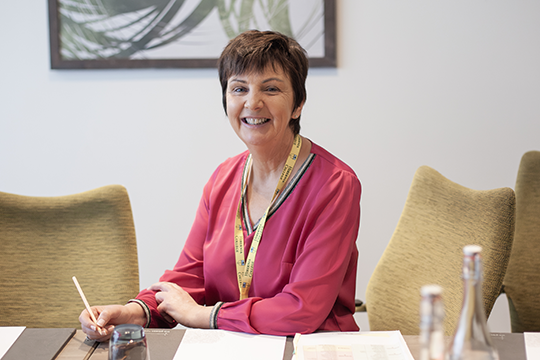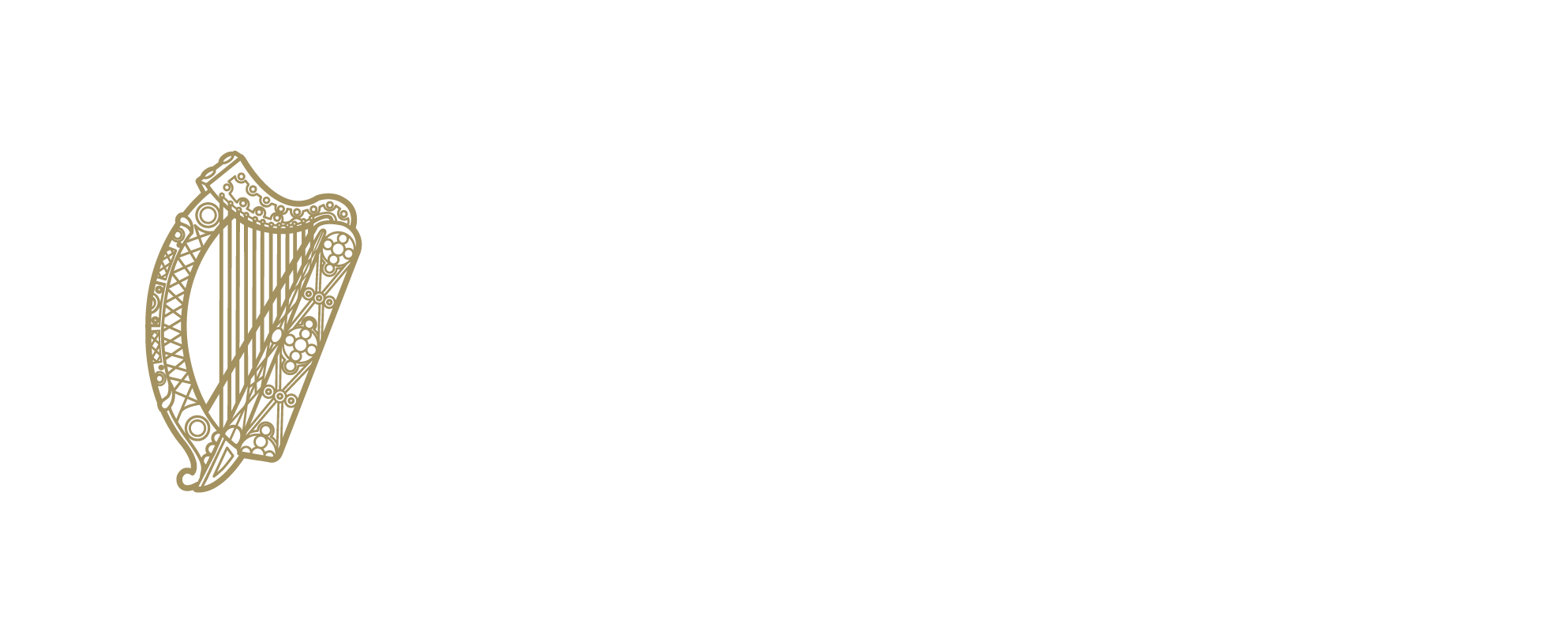BEd (Hons) in Early Childhood Education
Our accessible Early Childhood Education programme

Course Type: Bachelor of Education (Honours)
Start Dates: Closed for Admissions
Duration: 48 months
Academic Accreditation: QQI
National Framework of Qualifications: Level 8
About the
Early Childhood Education
The Bachelor of Education (Honours) in Early Childhood Education aims to provide the early childhood sector with holistic, highly competent and research-engaged practitioners. This is a 240-credit (NFQ Level 8) or a 180-credit (NFQ Level 7) option, QQI validated blended learning programme where students participate in a variety of face-to-face and online engagements.
This programme is approved by the Qualifications Advisory Board (instituted to review Level 7 and Level 8 Degree Programmes for the Early Learning and Care Sector) as meeting the requirements of the Professional Award Criteria and Guidelines standards.
Course content includes videos, presentations, audio, reflective activities, quiz questions, collaborative activities and directed reading. Assessments enable students to demonstrate learning through innovative ways. They include for example photo-presentations, short videos, blogs, short questions, setting observations and reflective writing tasks.
In addition, through Professional Practice Placement and the provision of a well-structured mentoring Professional Support Team (PST), students will engage across the 4 years of the programme in multiple opportunities to act and reflect on their emerging understanding of knowledge, practice and values and critically examine their commitment to quality in diverse situations.
This degree programme is distinctive as it offers the current Early Learning and Care (ELC) workforce a flexible professional development opportunity that is innovative, creative and focused on career progression. Graduates of the programme will have engaged in special education, inclusion and diversity in early intervention and early education, and research methods to enhance research-informed practice across all 4 stages of the programme. The programme satisfies the aims outlined in the Department of Education (2019) Professional Award Criteria and Guidelines for Initial Professional Education (Level 7 and Level 8) Degree Programmes for Early Learning and Care (ELC) Sector in Ireland and the Government of Ireland (2019) Update Workforce Development Plan for the ELC/SAC Sector.
On successful completion of the programme, graduates will obtain a Bachelor of Education (Honours) in Early Childhood Education.
Entry Requirements
Applicants must be 18 years of age on 1 January on the year of entry and meet the following criteria:
Leaving Certificate or equivalent in the following subjects:
- Grade H5 or above in 2 subjects
- Grade O6/H7 or above in 4 additional subjects including:
- Grade O6/H7 in Maths
- Grade O6/H7 in English
Qualifications other than Irish Leaving Certificate will be assessed for equivalency using Entry requirements criteria for EU/EFTA Applicants.
and
Evidence of English Language Proficiency (where applicable):
Applicants, whose first language/primary mode of expression is not English, must upload evidence of English proficiency at B2+ or higher in the Common European Framework of Reference for Languages (CEFR).
Note: Applicants who will be 23 or over on 1 January on the year of entry meet the criteria for mature student entry and are not required to meet the Leaving Certificate entry requirements.

